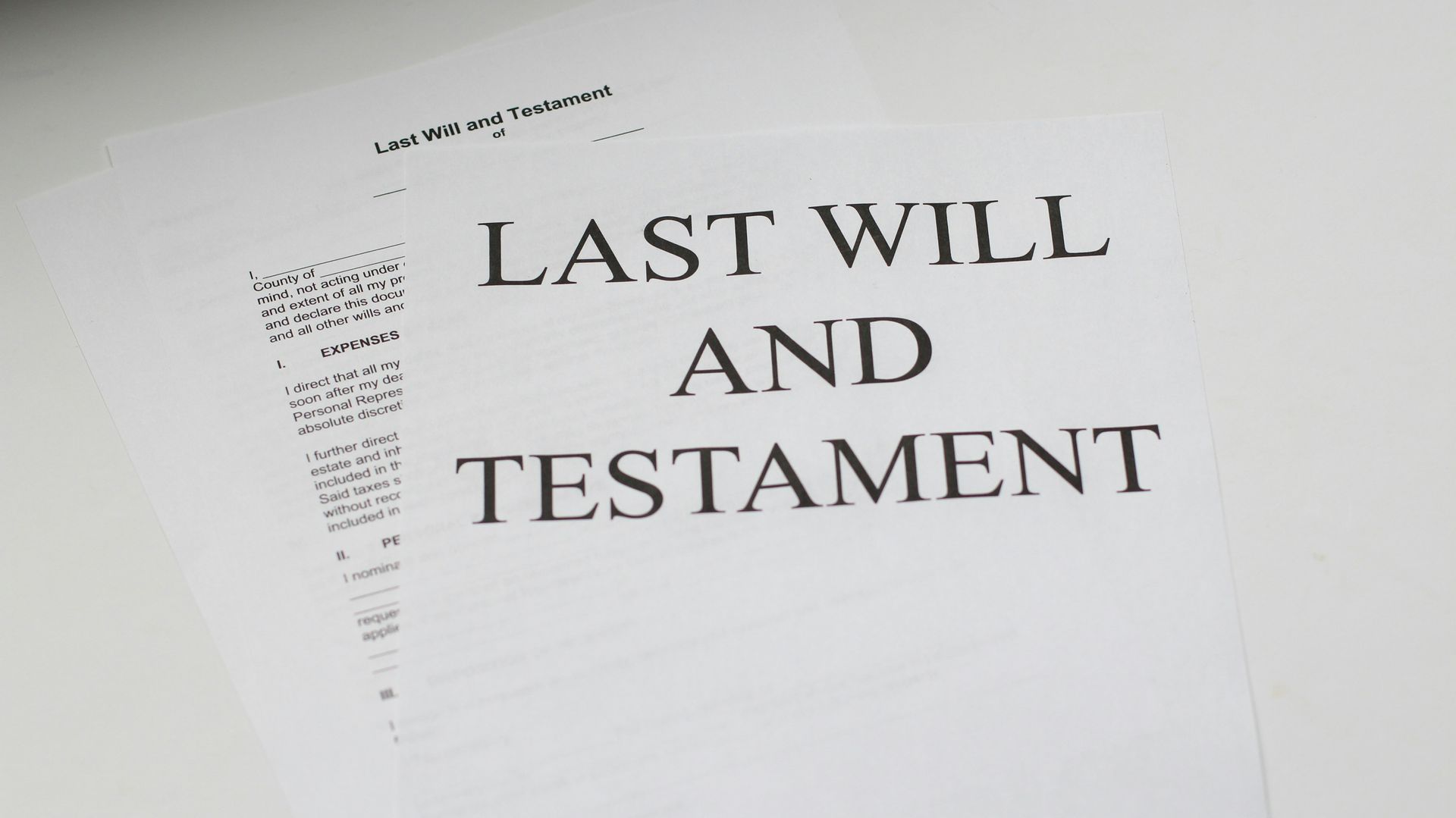Lasting Power of Attorney Myths
Lasting Powers of Attorney - Myths
What are Lasting Powers of Attorney documents and what do they do?
Well, they come in two forms:
1. LPA for Health and Welfare decisions
- Does very much what it says on the tin, it allows for an attorney acting on the donor’s behalf to consent to medical treatments and care decisions
- Allows for the donor to provide instructions and preferences for how they wish their decisions regarding their health and welfare when they lack capacity
2. LPA for Property and Financial affairs
- Similar to the previous form, this one allows for the attorney to manage the donor’s property and finances, though this can be due to the donor being away or having lost capacity
- This form too can be guided by instructions and preferences of the donor to help restrict/guide how they wish for their property and finances to be managed when they can’t do it themselves
The Attorney acts on behalf of the Donor, though this is traditionally for when the Donor loses capacity, an LPA can be registered so that the Attorney can act where the Donor may be absent or otherwise indisposed.
Why do I need an LPA? My next of Kin can handle everything.
Most people believe that if they lost mental capacity, their “next of kin” would be able to manage everything for them, from their healthcare choices to their financial assets, but what they don’t realise is that the concept of a “next of kin” isn’t a legal concept. By that, I mean that it doesn’t have any actual legal meaning and does not grant a hypothetical next of kin any rights to help manage your assets or wellbeing.
I can just worry about having an LPA done when I lose capacity, even IF I lose capacity right?
Not correct, to give someone else the power to look after not only your finances but also to look after you and your healthcare wishes, you need to give your ‘attorneys’ the powers to act on your behalf while you still have the ability to give them this power.
If you were to lose capacity, by law you no longer have the means to give this power and your family/friend(s) will have to make an application to the court and go through a process that is far more arduous compared to simply having an LPA in place, known as deputyship. It can be costly, time-consuming and removes any form of choice away from you. Often the courts will choose who is to act on your behalf; should you lack any suitable candidates for the deputyship, the courts could even appoint the local authority instead. All in all, An LPA means you have chosen those who are to be your attorneys as well as your preferences/instructions to help guide them in ensuring your wishes are met.
Nobody can tell the future, so it is worth being prepared just in case; you might never lose capacity, but what if you do?
Our money is in a Joint Account, so we will still be able to access our money if one of us loses capacity.
Actually, if the bank learns that one of the owners of a joint account has lost capacity, it is likely going to freeze the account as one of the account holders can no longer consent to the use of the funds held in said account. Though the policy your bank employs for loss of capacity is something you can query them about.
I’ll lose capacity when I’m older so why should I worry, I’m only in my 30s/40s etc?
While it is true that most cases of loss of capacity take hold in the later years of one’s life, if you play sports/extreme sports or have a potentially hazardous line of work, you may find yourself needing an LPA a lot sooner than you’d imagine.
An example I would like to use is if someone in your family is a motorcyclist, likes to skydive or even Ski/Snowboard etc, these types of sports inherently bring about greater risk to health, both physical and mental. Not only through physical injury can we lose capacity, as the pandemic has shown us, a disease or illness can catch anybody out at unexpected times.
The LPA is for when you lose mental capacity only, so it’s only good for that right?
Take the case of the Londoner who cycles to work every day and the unfortunate happens, a series of events that lead to a collision between the cyclist and the bus.
Let’s say that they still retain their mental faculties, but they can’t leave the hospital, nor have the means to manage their financial affairs from the hospital bed; this is where an LPA for Property and Financial affairs would be useful.
They could sign an LPA for their family to manage their finances as they still have mental capacity, right?
While yes this is correct, at the time of writing, there is currently a 20 week (nigh on 6 month) waiting list for LPAs to be registered from the date of submission… not too helpful half a year from the day it’s needed.
Final Thoughts
These are just some of the myths and misconceptions that surround LPAs, and though there are many more others this piece does have to come to an end at some point! Hopefully this brief overview of the major points of misconception help clarifies any confusion you or someone you know may have experienced.
If you would like more specific advice/information, please contact us using the tab at the top of the page.
Source SWW




